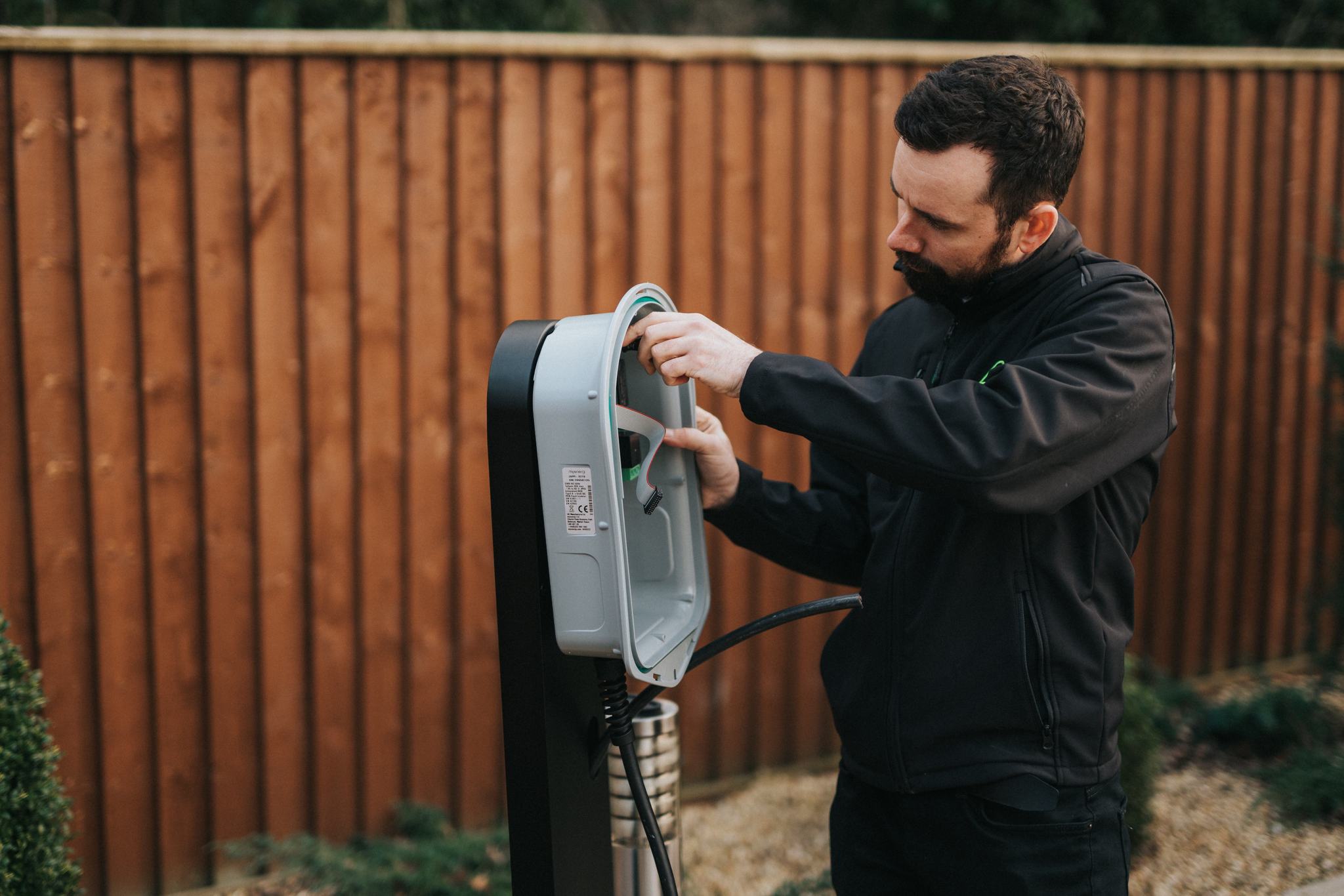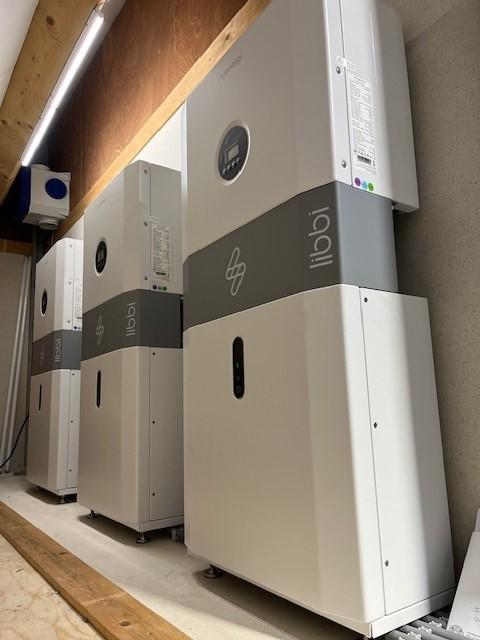Sustainable living at home is something that many people are working on. We all want to do our bit to combat climate change and ensure a better future. But how can you live sustainably? In this article, we would like to give you some tips on how to live sustainably.
What is sustainable living?
Sustainability refers to everything that does not have a negative impact on people, living animals and natural resources. It is an umbrella term that covers everything from energy consumption to human rights and how we buy and eat our food. Sustainability can be applied to different areas such as households, local communities and the global population.
Living sustainably means trying to limit your energy consumption, reducing plastic waste, buying locally or even growing your own vegetables and producing your own energy. By doing this, you create a safer environment for people and the environment.
At myenergi sustainability is the foundation of everything we do. It motivates us to fight for a better and safer world for future generations. We also understand that such a broad concept is difficult to apply in everyday life. Therefore, we are happy to help you through inspiration and tips on how to live sustainably.
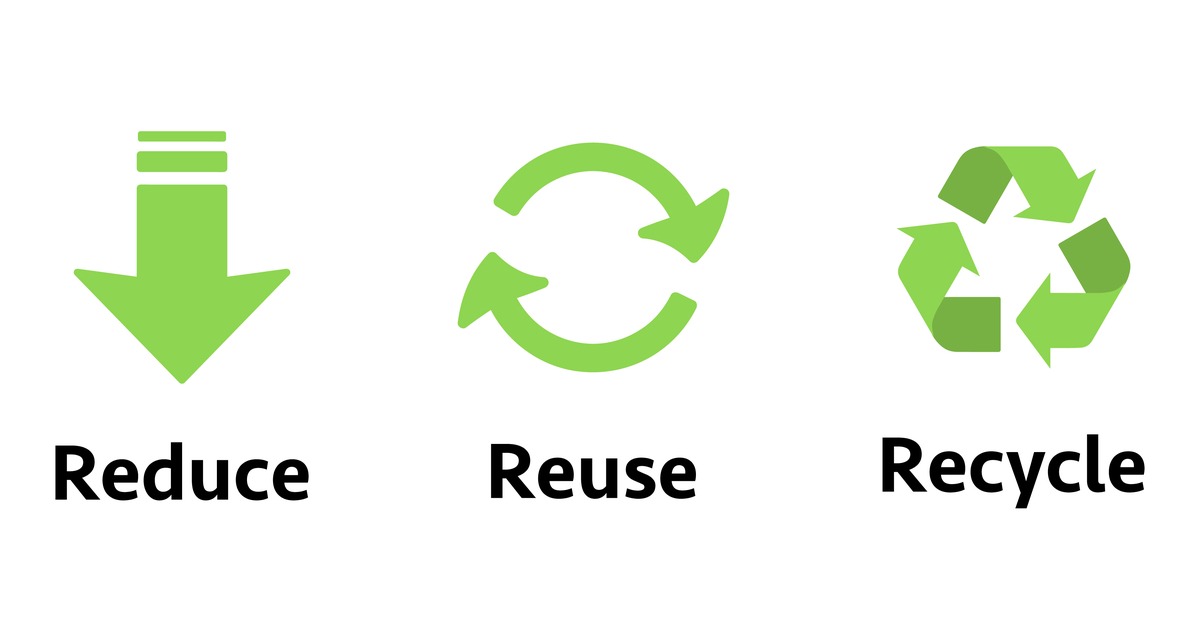
Three basic points for sustainability
Researchers and academics divide sustainability into three categories:
- Economic viability
- Social equality
- Environmental protection
By seeing where there is room for improvement in sustainability, we can protect the most vulnerable people, creatures, places and resources in the world.
Protecting the environment
Environmental protection is what we work toward at myenergi. This is all about protecting our environment and resources over the long term, preventing their depletion and damaging the world. The environment is threatened by the burning of fossil fuels, global warming, plastic pollution in our oceans, deforestation and, unfortunately, much more.
Sustainable living and renewable energy therefore go hand in hand to fight the climate crisis. Fortunately, renewable energy and other sustainable alternatives are becoming increasingly accessible.
Social sustainability
Social sustainability is about identifying and managing the positive and negative influences that companies, organisations and production processes have on people. Thus, it refers to:
- Protection of human rights
- Safe living conditions
- Equality
- Health
- Protecting the rights of workers, children and people with disabilities.
Economic sustainability
Economic sustainability refers to the practices that contribute to long-term economic growth without damaging social, cultural and environmental aspects.
Living sustainably and taking economic sustainability into account is done by shopping and eating locally and buying things from thrift stores or second-hand web shops.
Durable materials
All products go through a life cycle. They originate in production and end in disposal. Sustainable materials take every phase of this cycle into account. Products look at how they can minimise the negative impact of their sustainable product.
Materials such as wood, bamboo and other plant materials are sustainable because they grow and decay naturally. Other materials such as aluminium and copper can be recycled endlessly, which also makes their life cycle more sustainable. By being aware of your choice of materials, you can live sustainably.

Sustainable living and plastic
A BBC documentary series called 'The War On Plastic', previously makes clear that every minute of every day a truck full of plastic finds its way into the ocean. That plastic is a threat to marine life and causes pollution in the oceans, beaches and landscapes.
About 50% of plastic is made to be used only once before it is thrown away. It takes some 400 years before plastic is broken down, and in that time it can do a lot of damage. Plastic is also characterized by breaking down into smaller and smaller pieces, so-called microplastics. Once microplastics are present in nature, they cannot be removed.
Today, only 9% of the world's plastic is recycled. Single-use plastics, such as bags, straws and packaging, are the biggest unnecessary polluters and are also non-renewable. Want tips for sustainable living? Then start reducing your plastic.
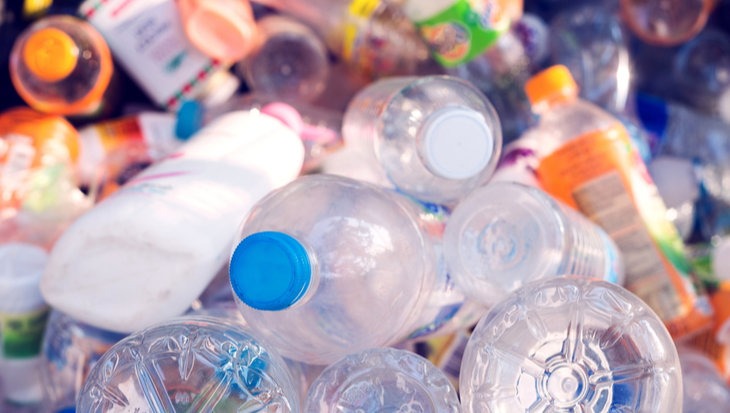
The 3 R's: Reduce, reuse and recycle
A basic rule for sustainable living at home is: reduce, reuse and recycle. By being aware of this, you can reduce your ecological footprint.
Buy less, consume less
One of the effective ways to live a sustainable life is to reduce your energy consumption and plastic waste. This can be done with a few simple adjustments that have a big effect.
Save energy by switching to LED lighting and always turn off appliances and lights you are not using. Avoid unnecessary plastic packaging and choose reusable products, such as a reusable water bottle or coffee mug, instead of disposable plastic.
Want to go a step further with sustainable living? Then also reduce the amount of meat you eat and choose local seasonal products.
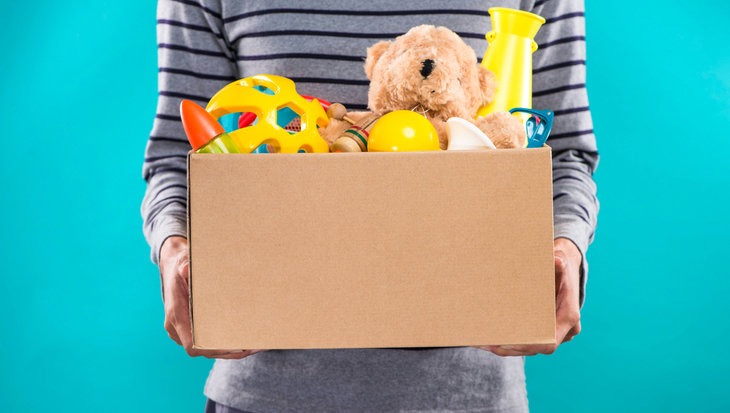
Reuse
Another tip for sustainable living is to pay more attention to reuse. Buy less stuff and if you really need something, see if it is available second-hand. These days, you can find all sorts of things in thrift shops and on second-hand websites, such as clothes, books, appliances, decorations and much more. By choosing second-hand, you not only save money but also unnecessary waste.
Do you have items in your own home that you no longer use? If so, see if you can donate to a charity or thrift store or sell them yourself online. That way others can enjoy your items.
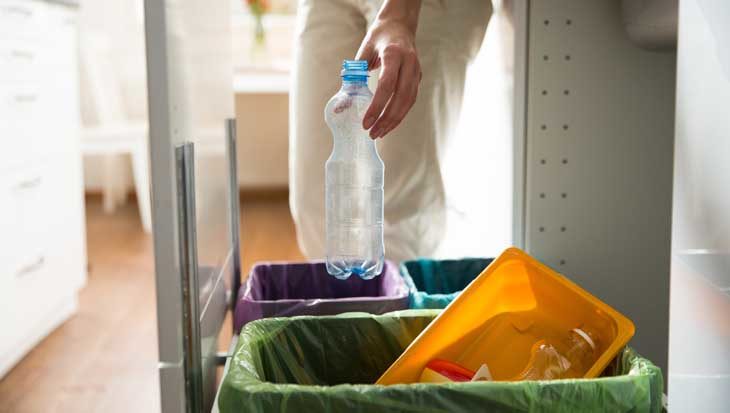
Recycle
The third part of the basic rule for sustainable living is recycling. By recycling you prevent waste. Before you throw something away, check the packaging to see which bin you can throw it in.
Green energy
A sustainable life goes hand in hand with using green energy. You can switch to a green energy supplier Or start generating your own energy. With our green products, you can easily do the latter yourself.
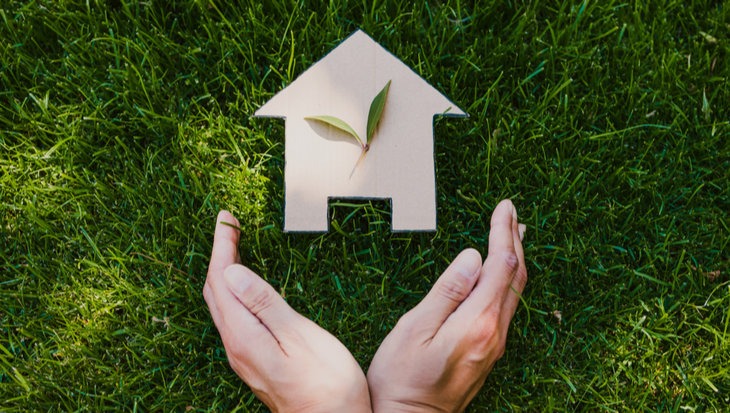
Sustainable living in the future
Over the past seventy years, we have depleted our earth considerably due to intensive livestock farming, the technological revolution and a huge demand for electricity. As we begin to face the hard truth about climate change, it has become clear that we need to learn new techniques and manage our energy needs differently.
At myenergi, we work every day to design and create renewable energy technologies that are accessible to everyone. In addition, we believe it is important to share our lessons with others. By being aware of our impact on the earth, we want to pave the way for sustainable living at home. We want to lower our footprint and create a sustainable future for all.

 EV charging
EV charging Manage your energy
Manage your energy Maximize your energy
Maximize your energy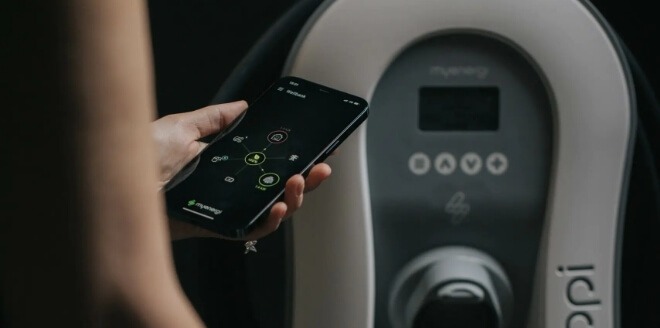 Monitor your energy
Monitor your energy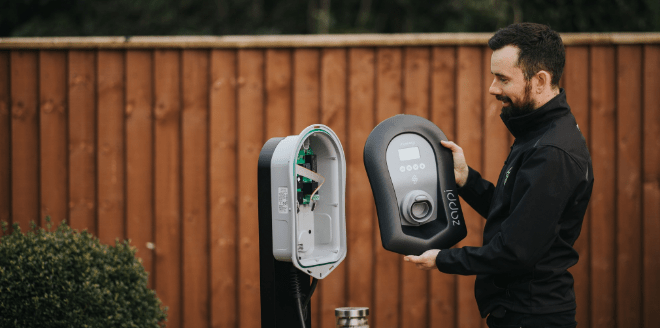 Find an installer
Find an installer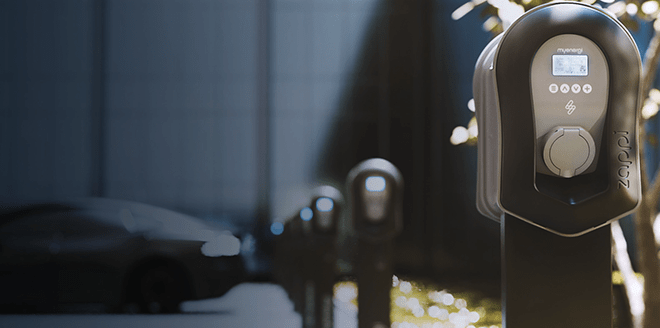 Business charging station
Business charging station Pair zappi with a management platform
Pair zappi with a management platform
